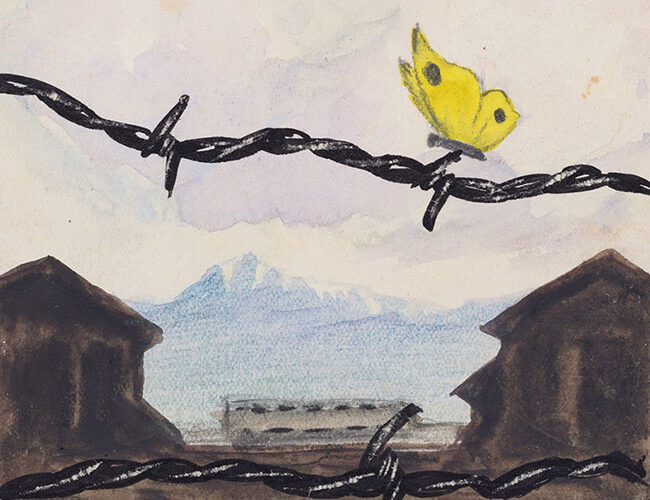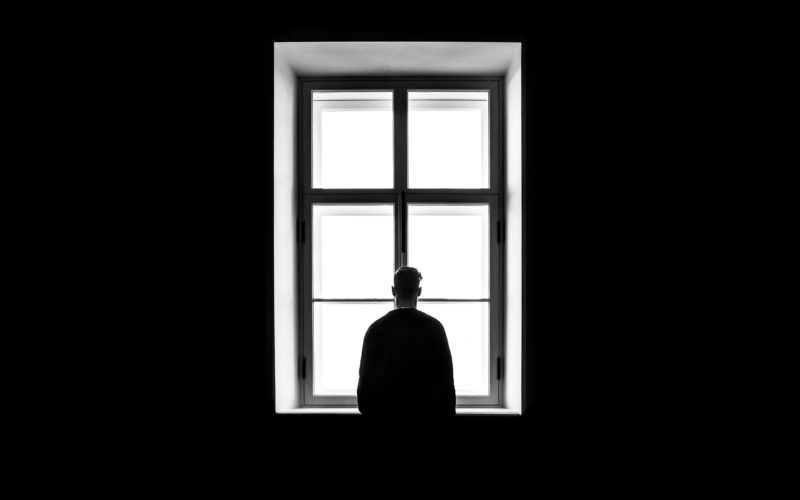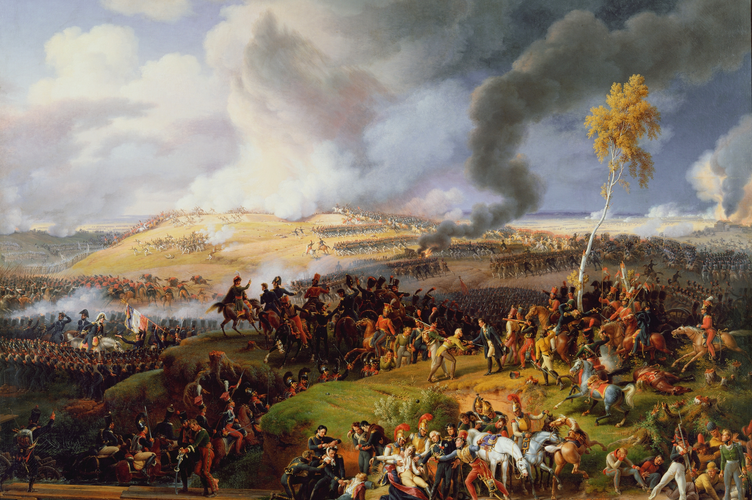How to Waste Your Life (Tolstoy’s The Death of Ivan Ilych)
The Death of Ivan Ilych (1886) is a famous novella (short novel) by Leo Tolstoy which penetrates our cavalier attitude about death, challenges our notion of a fulfilling life, and warns of the tragedy we may be headed towards. Fortunately, it also portrays a potential solution to the vain and superficial lifestyle which often consumes us. With his signature style and psychological realism, Tolstoy’s work challenges us to consider life from its endpoint in order to live rightly before it is too late.





